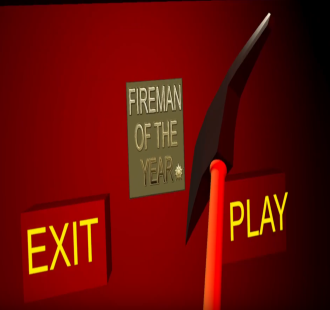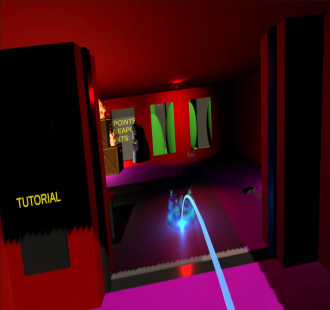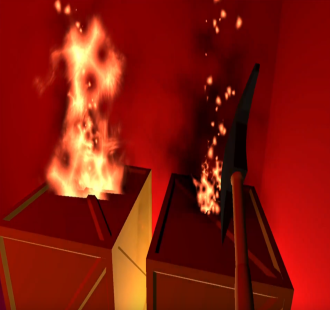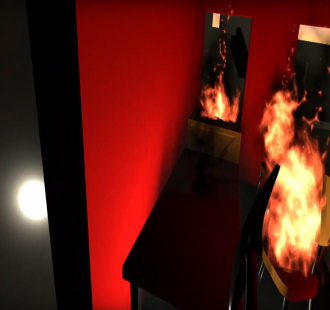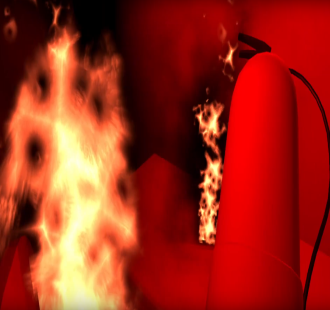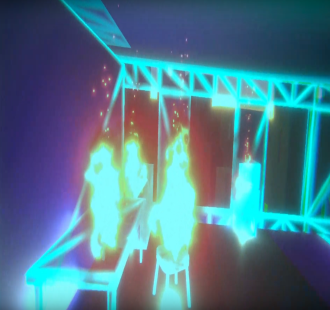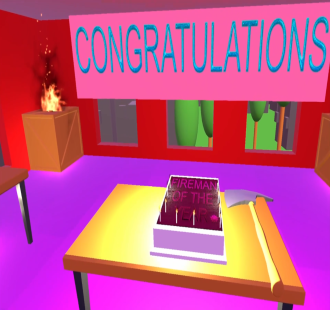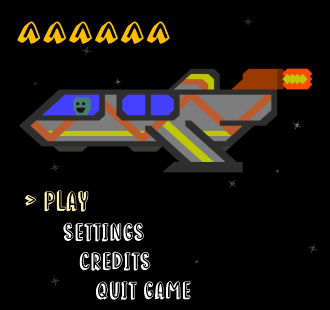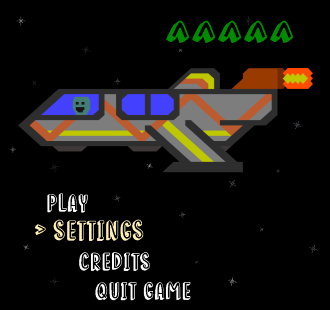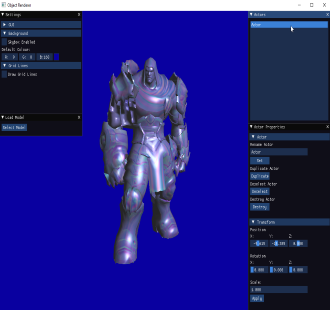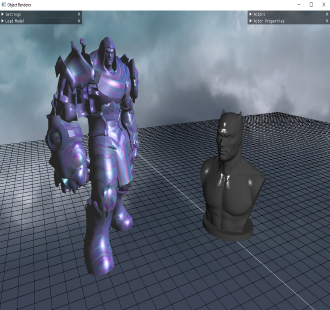An independently created implementation of the Wave Function
Collapse algorithm to generate a 3d city-like level. Made in
Untiy, I implemented a grid-based tiled model with the
algorithm consisting of cell selection through entropy
evaluation, cell collapse through weighting, and propagation
via arc consistency.
Project
An ocean storm shaders diorama made in Unity with the
Universal Render Pipeline. I implemented the
trochoidal/gerstner algorithm for the waves, with
multiple other features in shader graph to produce a
realistic water visual. There are also accompanying
effects created with HLSL and the VFX graph to create
the ocean storm diorama.
Project
An online multiplayer tag game where players use a
range of abilities to remain untagged and gain points.
A team Unity project, my role was primarily focused on
the multiplayer functionality and its influence on
gameplay, for which I used Photon's Fusion SDK.
Project
AI Agents - Predator & Prey
An AI simulation of predator & prey evolution in a
closed ecosystem. The rabbits and foxes follow a
behaviour tree while wolves show more realistic
characteristics through goal oriented action planning.
Surviving animals at the end of each day and night cycle
have decendents which are influenced by a genetics
algorithm, adapting traits and increaseing that species
overall survivability.
Project
A Virtual Reality game where the player takes on the
role of a firefighter, working through a burning
building by extinguishing fires with antitheatrical
techniques. With optimization being a key factor for VR
projects, features such as fire spreading and the charcoal
effect on burnt items were simple but effective.
Project
A dungeon generator tool utilising recursive backtracking.
During generation, the program goes through each cell,
placing a room until it has reached a dead end. Then,
it will backtrack through the stack untill a valid move
is available. Each floor has a start and end room, which
leads into the layer above or below where the algorithm
continues.
Project
A voxel terrain generator created in Unreal Engine 4
with C++. Combines multiple instances of noise maps to
allow for the creation of a wide variety of landscape
patterns according to user input. The generator
dynamically constructs and renders the terrain mesh
in chunks, for which I have implemented mesh
simplification and edge smoothing techniques to allow
for faster generation with seamless chunk borders.
Project
A tree generator utilizing fractal recursion, created
in Unreal Engine 4 with C++. Dynamically generates a
fractal based structure with user customizable
parameters such as recursion depth, number of branches
per iteration level, branch rotation randomness and
branching probability. Branch height, radius, and
subsequent iteration dimension factoring can also be
modified to create a diverse range of results,
tailored to the users requirements.
Project
A dungeon level whitebox created in Unreal Engine 4.
Uses a mixture of C++ and blueprints to create a
variety of puzzles, traps and other features.
Incorporates game design techniques to improve pacing
and subtly help guide the player through the dungeon.
The level's content and flow is inspired by The Elder
Scrolls 5: Skyrim, with the aesthetic and atmosphere
being inspired by Resident Evil Village.
Project
A work in progress project, implementing AI enemies
/ guards for a stealth based level.
Temporary image sourced externally.
Project
^^^^^^ is a homage to the retro game vvvvvv. Made in
C++ with no game engine, a self-made framework and
the SDL library. As such, I also produced manager
classes for animation, audio and level/scene changing
so that all necessary game features were present.
Project
A model renderer made in C++ using OpenGL, GLM, Glad,
GLFW and Dear IMGUI. The program reads through object,
material and tga files to correctly draw the model, which
the user can then adjust through its transform
properties accessible within the GUI. The user can also
customise the viewable scene with the grid lines,
background and skybox.
Project


















